The Meaning of 10 Common Medical Abbreviations
Learning the meaning of medical acronyms can be really helpful in taking care of our health.

BMI is an abbreviation we have heard a lot and surely many people have calculated this index online. Do you know the meaning of BMI?
BMI stands for “Body Mass Index”, an index used to describe obesity levels, calculated based on each person’s height and weight. This index is a measure for you to determine whether you should lose weight or are malnourished.
BMI also plays a role in determining whether you are healthy and fit enough to undergo surgery and whether your current weight affects your overall health.
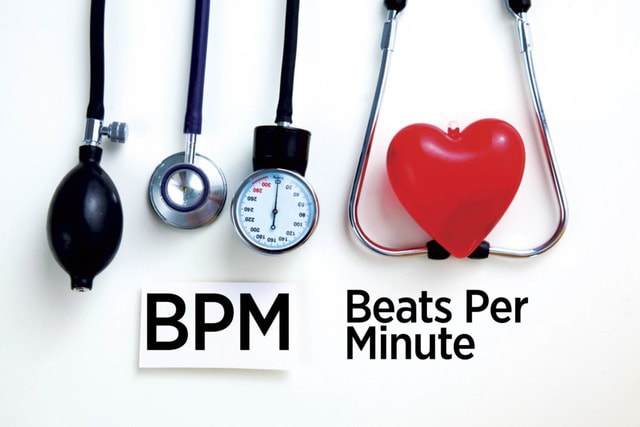
Have you ever signed up for a fitness class that monitors your heart rate to ensure you are getting the right amount of exercise for your body? If not, you probably don’t know about BPM – “Beats Per Minute”.
To get the most out of your exercise and assess your cardiovascular health, it is important to know what your heart rate is. You can often calculate it by counting the number of beats per minute on your wrist or heart for 20 seconds, then multiplying by three to get your heart rate. If you are concerned about an irregular heartbeat, see your doctor as soon as possible.

Everyone’s body can react differently to medications and supplements. That’s why everyone can have an ADR – Adverse Drug Reaction. If you have a sensitivity to antibiotics or vaccines, this term will definitely be in your medical records.
And if you have had severe reactions to certain prescriptions, you might consider saving the ADRs in your phone so that emergencies don't become more dangerous than if you were prescribed the medication as prescribed.

When you feel tired all day, doctors will know right away what is going on in your body when they have information about BMP. BMP test – Basic Metabolic Panel (BMP) is a basic blood test that evaluates kidney function, electrolytes, blood sugar levels, helping doctors know if you are dehydrated or have other more dangerous problems.
When reading your blood test results, understanding BMP will help us know more about our health condition so we can have appropriate care.
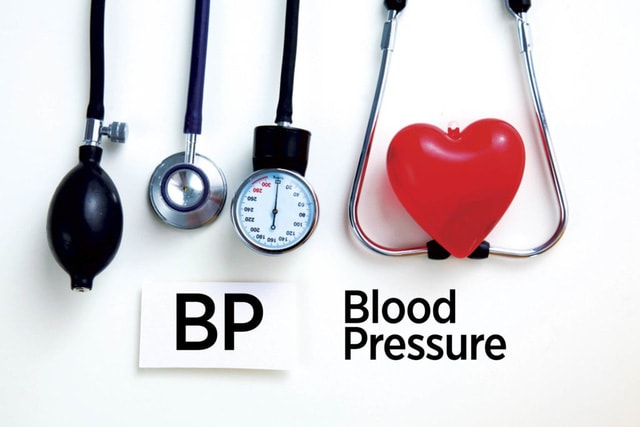
BP stands for Blood Pressure, and it is another way to measure heart health. BP helps patients and doctors understand potential long-term risk factors. For example, high or low BP can help doctors understand our chances of having a heart attack or kidney failure in the future. Monitoring BP helps doctors and us keep track of our heart health.
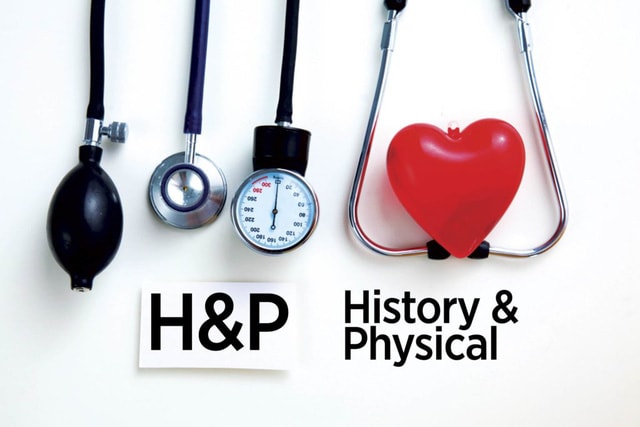
H&P stands for History & Physical, which is the foundation of any physical exam. H&P is the process your doctor uses to diagnose you when you are talking about your symptoms.
Your medical history may include a series of questions about your current and past health, medications you are taking, allergies, etc. Your physical exam may include a toe-to-toe exam, or if you have an acute illness like a respiratory infection, your head and neck as well as your lungs. You may see this term on your medical records or on your insurance company bill.
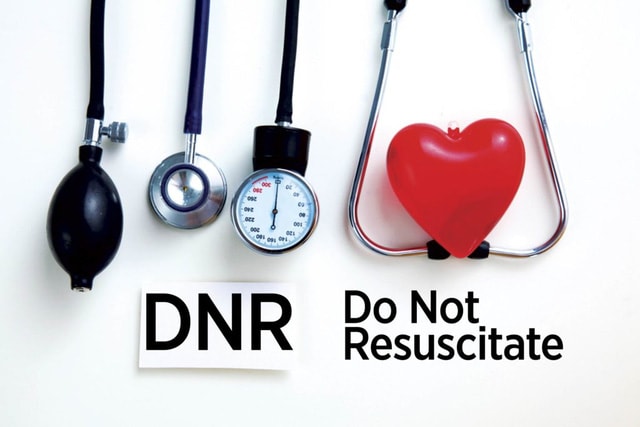
Talking about DNR is not an easy conversation, especially for an elderly parent or a friend who has been battling a long-term illness. DNR stands for “Do Not Resuscitate,” which is a patient’s choice about how they will be treated in the final stages of their illness. DNR can help families avoid difficult and painful choices.

No matter how old you are or how healthy your lifestyle is, you are likely to suffer from LBP. LBP stands for Lower Back Pain which means lumbar spine pain or low back pain. This syndrome can be caused by many things such as poor sleep or muscle dehydration or other more serious problems because our back is the gateway to many health problems.

When you get home from the pharmacy, do you ever forget the instructions on how to take your medication, whether to take it in the morning or at night? Abbreviations with “Q” will guide you on how to use your medication. Generally, QHS, QOD, and QPM are Latin instructions for taking your medication.
- QOD: Quaque Altera Die – means every other day
- QID: Quarter In Die – means four times a day
- QHS: Quaque Hora Somni – means every evening at bedtime
Nowadays, the instructions for use on medicines are written in English with detailed instructions. However, it is not superfluous to master some abbreviations with Q when you see it on the medicine you are using.
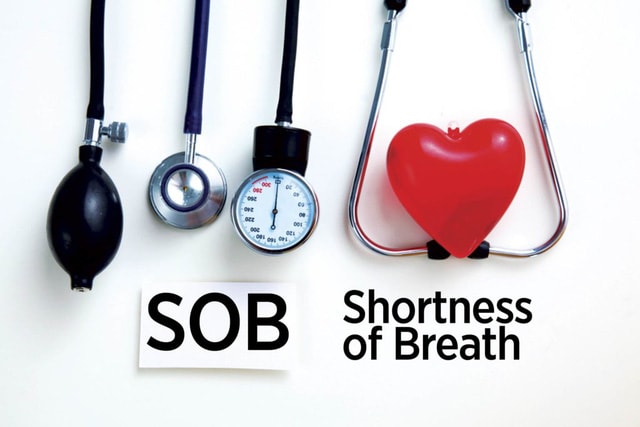
SOB stands for Shortness of Breath. If you have this symptom, you need to see a doctor to check your heart, lungs, and other life-threatening conditions. Be clear about how your body feels so you can get the best medical care you need.
According to Dantri
| RELATED NEWS |
|---|

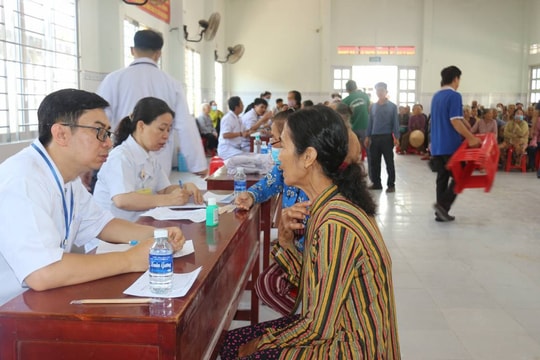
.jpg)





